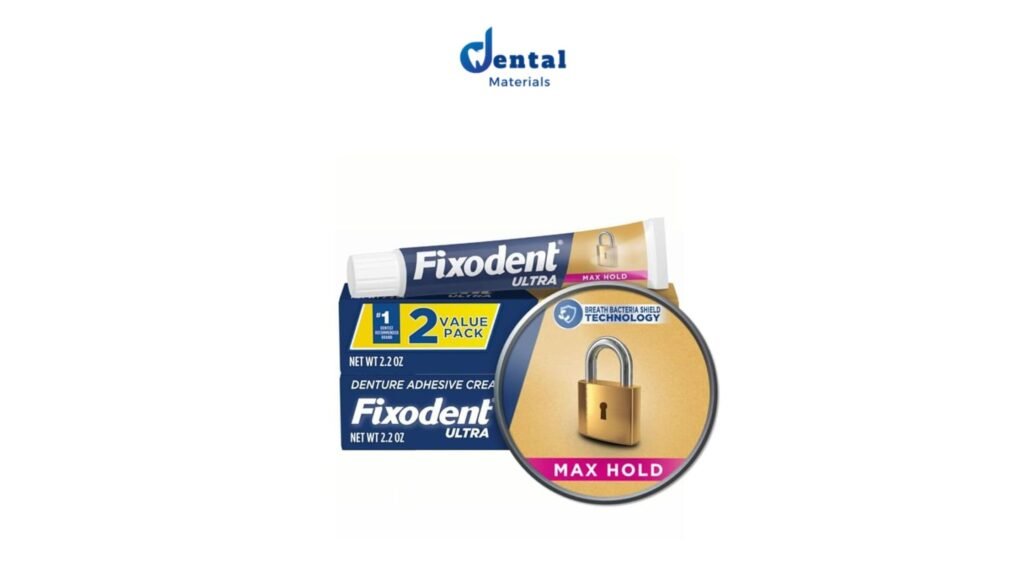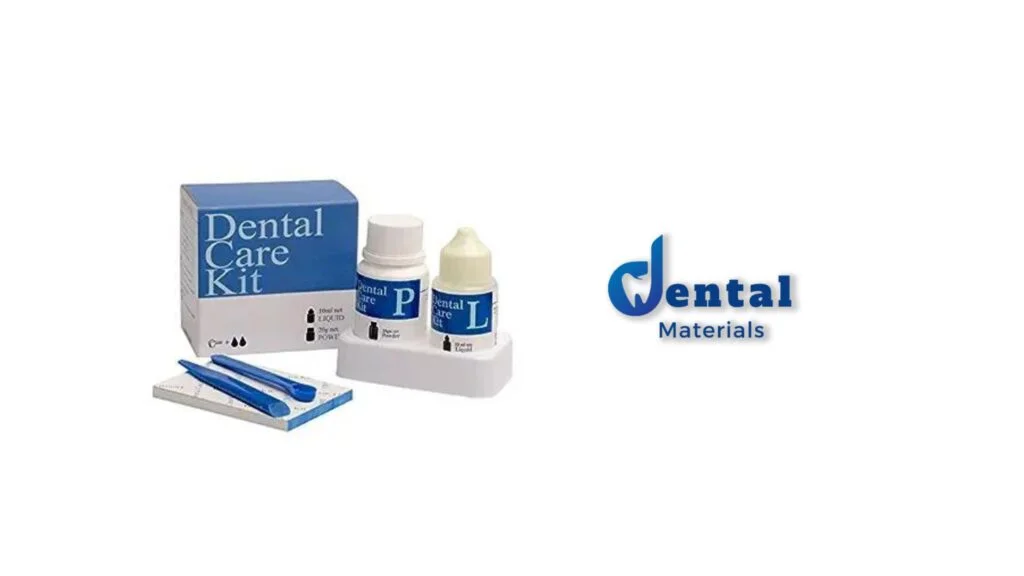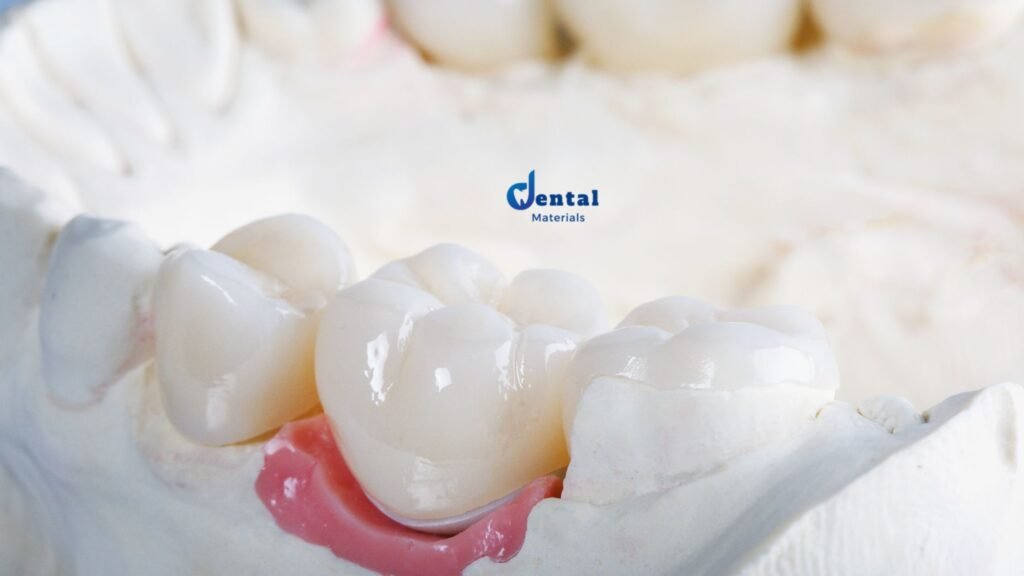Using too much Fixodent, or any denture adhesive for that matter, can result in oozing of the adhesive around the edges of the dentures, causing an unpleasant taste and texture.
Moreover, using too much Fixodent may interfere with proper denture fit. While denture adhesives are designed to enhance stability, an excess amount can create a thick layer that affects the fitting surface, potentially altering the way dentures sit in the mouth.
This may lead to discomfort, difficulty in speaking or eating, and even contribute to an increased risk of gum irritation.
Furthermore, overusing Fixodent could pose health risks. Ingesting larger amounts of denture adhesive than recommended may introduce unnecessary chemicals into the body, which results in digestive tract upset.
You should always follow the manufacturer’s guidelines and use Fixodent sparingly to avoid these potential issues and ensure a comfortable and effective denture-wearing experience.
Is it OK to use Fixodent everyday?
Using Fixodent every day is generally considered acceptable, but again it’s important to follow the recommended guidelines for application. Fixodent, like other denture adhesives, is designed to enhance the stability and comfort of dentures. If used correctly, it can contribute to a secure fit and help prevent slipping, especially during eating and speaking.
Can you sleep with Fixodent?
While it’s generally safe to wear dentures during sleep, it is not recommended to sleep with Fixodent or any denture adhesive in place overnight. Denture adhesives are designed to provide temporary support for dentures during daily activities such as eating and speaking. However, wearing them continuously, especially for extended periods like overnight, can lead to various issues.
Here are a few reasons why it’s not advisable to sleep with Fixodent:
- Reduced Effectiveness: Denture adhesives are meant to provide a secure fit for dentures throughout the day. As saliva and food particles interact with the adhesive, its effectiveness diminishes over time. Applying a fresh layer each day ensures optimal performance.
- Oral Health Concerns: Continuous use of denture adhesive can create a breeding ground for bacteria and fungi. Keeping the dentures in place without proper cleaning and ventilation can contribute to oral health issues, including infections and irritation of the gums.
- Adhesive Residue: Sleeping with Fixodent can result in an accumulation of adhesive residue on both the dentures and the tissues in your mouth. This residue may affect the taste, comfort, and overall hygiene of your oral cavity, causing denture stomatitis.
It’s recommended to remove dentures at night, clean them thoroughly, and allow your gums and mouth to rest.
Fixodent poisining symptoms
There is limited information available on Fixodent poisoning.
However, if Fixodent or any denture adhesive is ingested in large amounts or used improperly, it may lead to potential health issues.
Symptoms of Fixodent poisoning or adverse reactions could include:
- Gastrointestinal Distress: Ingesting excessive amounts of Fixodent may cause nausea, vomiting, abdominal pain, and gastrointestinal discomfort. The ingredients in denture adhesives are not intended for consumption, and swallowing large quantities can irritate the digestive system.
- Allergic Reactions: Some individuals may be allergic to certain ingredients in denture adhesives. Allergic reactions can manifest as skin rashes, itching, swelling, or difficulty breathing. If you experience any signs of an allergic reaction, seek medical attention promptly.
If you suspect Fixodent poisoning or experience any adverse symptoms after using Fixodent, it is crucial to seek medical attention immediately. Contact your local poison control center or go to the nearest emergency room. Provide them with information about the product and its ingredients to facilitate appropriate treatment.




